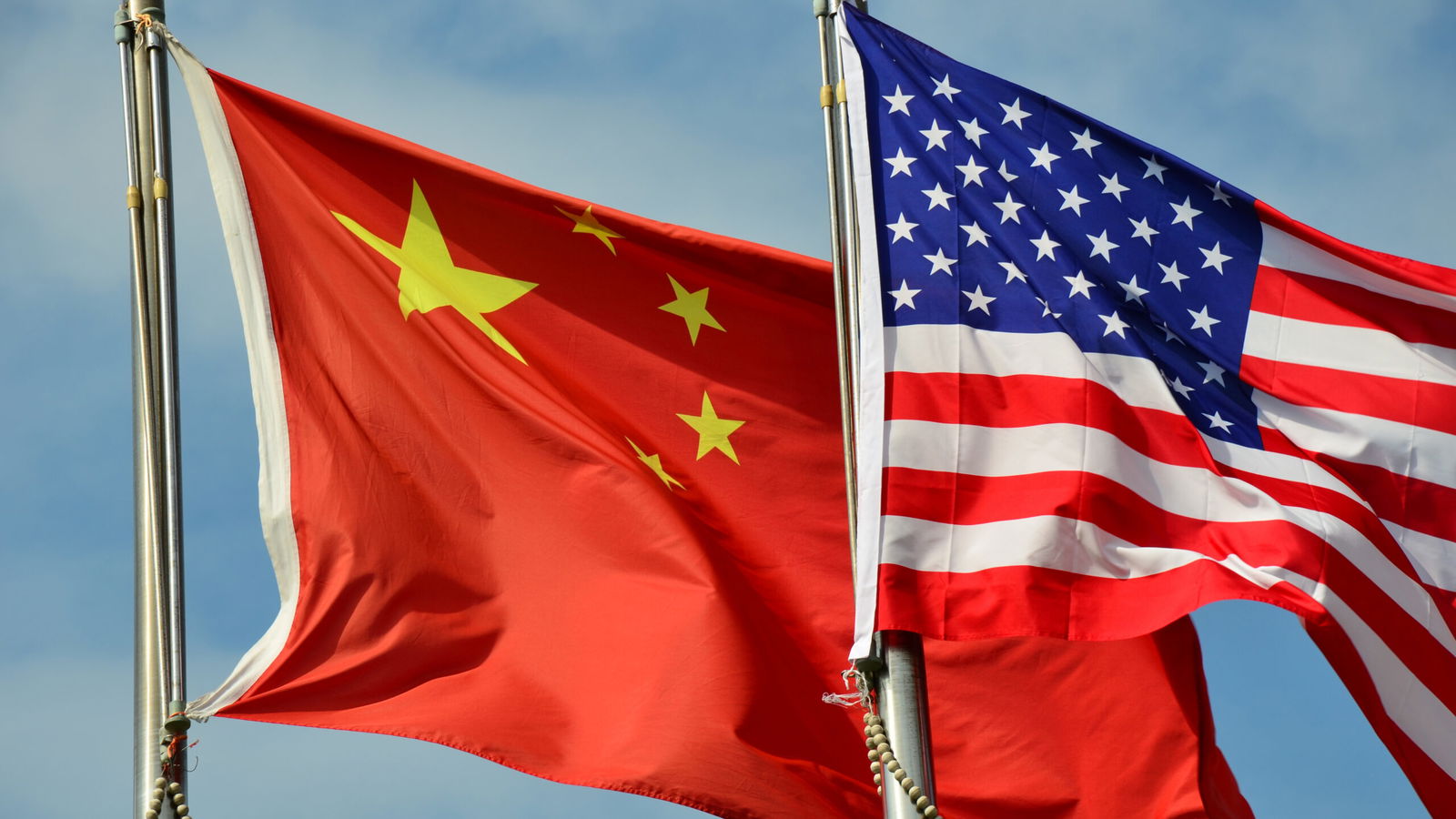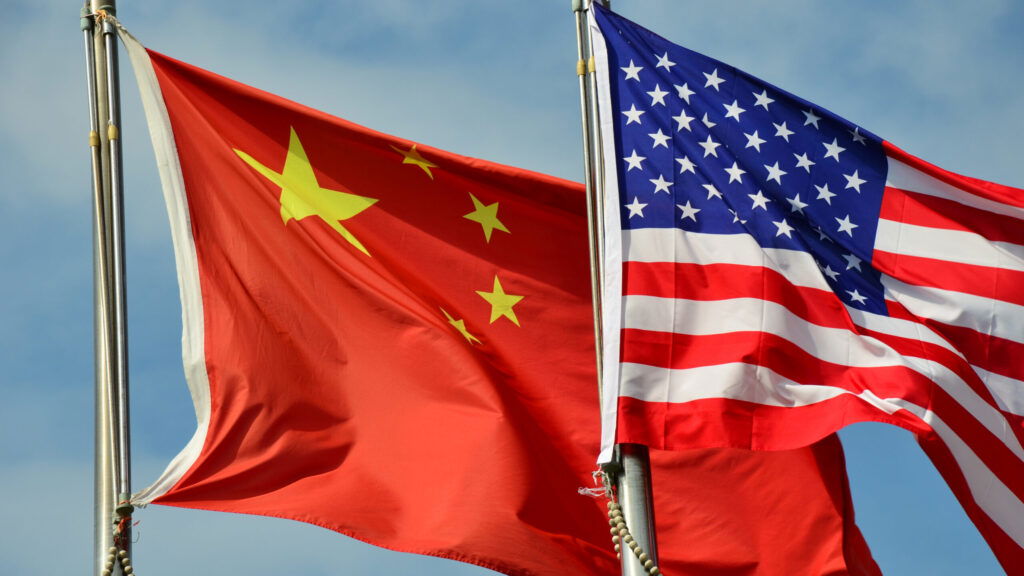
HAGÅTÑA (The Guam Daily Post) — Is China really the boogeyman and threat to the Pacific that many in Washington believe it to be?
That was the central theme of a presentation by Van Jackson of New Zealand’s Victoria University during the recent Security and Insecurity in Micronesia forum, hosted by Guam-based think tank Pacific Center for Island Security.
“The conventional wisdom that both great powers seek dominance of the Pacific is a false equivalency. Right now, that’s not true. Over the past 10 years, that has not been true,” Jackson said.
“China is less of a threat than ordinarily supposed,” Jackson said, and also acknowledged that it’s “something that might be controversial depending on your point of view.”
Jackson said that while China is not a benign actor, and certainly doesn’t have Micronesia’s best interests in mind over its own, it must be viewed in the context of declining American dominance.
“The failure to do that makes China look like this evildoer bent on conquest, but that’s not real. It’s based on caricature.” he said
Jackson is an author and senior lecturer in international relations, and has also held teaching and research roles at Georgetown University and the Asian Pacific Center for Security Studies.
Great power competition
The title of his presentation was “The threat of great power competition in Micronesia and how Micronesia can help shape its own trajectory.”
“So one of the things I want to convey today is a greater sense of realism about what China seeks versus what the U.S. seeks and what the interplay of that really means,” Jackson said at the online forum.
“And I’m concerned with this because a tragic sensibility about the world is what leads people to embrace missiles and bases and troops and mass violence,” he added.
Jackson said that a classical security dilemma involves two states, the U.S. and China, that misperceive each other’s intentions.
“And because of that, each tries to secure itself at the expense of the other. But in doing that, they make themselves and the other less secure.”
He said the dilemma is that neither state actually wants to conquer the other, but in trying to secure themselves from aggression, they undermine the other side’s security, which then undermines their own security because they end up in this spiral of escalating tension.
Jackson said that’s the case with the American and Chinese perception of the Blue Pacific region as a “geopolitical buffer,” but he believes the U.S. has taken a much more unbalanced view than China.
He said the Pacific is a space that is militarily dominated by mostly the U.S., with the source of that domination the military position in Hawaii, combined with its control of Micronesia.
“China controls nothing in the Pacific, nothing except for some sovereign debt,” he said. “The U.S. in this region has no right, no standing to be afraid of China.”
“If China’s goal was (to) divide and conquer, it’s not trying very hard,” Jackson said. “I do think Chinese domination would be a bad thing, but I don’t think that’s something we have to seriously worry about anytime soon.”
“If you look at the material reality and what the U.S. really fears, it’s not China in this region. It’s a lack of U.S. control,” Jackson said.
Jackson believes that American policy in Micronesia goes well beyond its stated goal of “strategic denial.”
“It’s the wrong description. It’s a language that sanitizes how the U.S. practices power politics. And what the U.S. practices in this region is exclusionary control of Micronesia,” Jackson said.
“New radar sites, refurbished runways, relocating forces (and) firing range complexes, … Micronesian nations are not in a position to veto them, and no other country can be allowed to do them. That is the definition of exclusionary control,” he said.
“So U.S. strategists and war planners, I was one, for what it’s worth, they think they need exclusionary control of Micronesia because they see the Blue Pacific itself as this massive strategic frontier. And in geopolitics, frontiers are spaces of exception that become sponges for violence.
“To think of a place as a frontier is to impose on it both like a kind of threat and opportunity — the opportunity for the frontiersmen. The outside powers, right? The opportunity is to profit or to extract from the frontier in ways that you cannot do in normal politics because governance is not the same as it would be in normal politics or at home.”
He said the logic of a strategic frontier it is that if you don’t control it, somebody else will. And the perception of the Pacific as a power vacuum makes the U.S. want to control what it can.
“It’s extremely problematic for Micronesia itself that Washington, think tankers (and) intellectuals, think of this place as a frontier.”
What can Micronesia do?
“I feel like this is an impossible question. Based on my assessment, the primary goal has got to be ending the Sino-U.S. rivalry, which is outside the scope of probably what the Pacific can achieve on its own,” Jackson said.
He explained it as almost akin to “damned if you do, and damned if you don’t.”
“And so it’s fine to oppose a Chinese sphere of influence, but if you support a U.S. sphere of influence, you are just accelerating China’s bid for a sphere of its own,” said Jackson.
“You can have really sound reasons for supporting a U.S. sphere of influence, that doesn’t mean that the consequences won’t come visit you, right? You will be accelerating China’s bid for a sphere of influence of its own, and that’s what’s playing out right now,” Jackson said.











